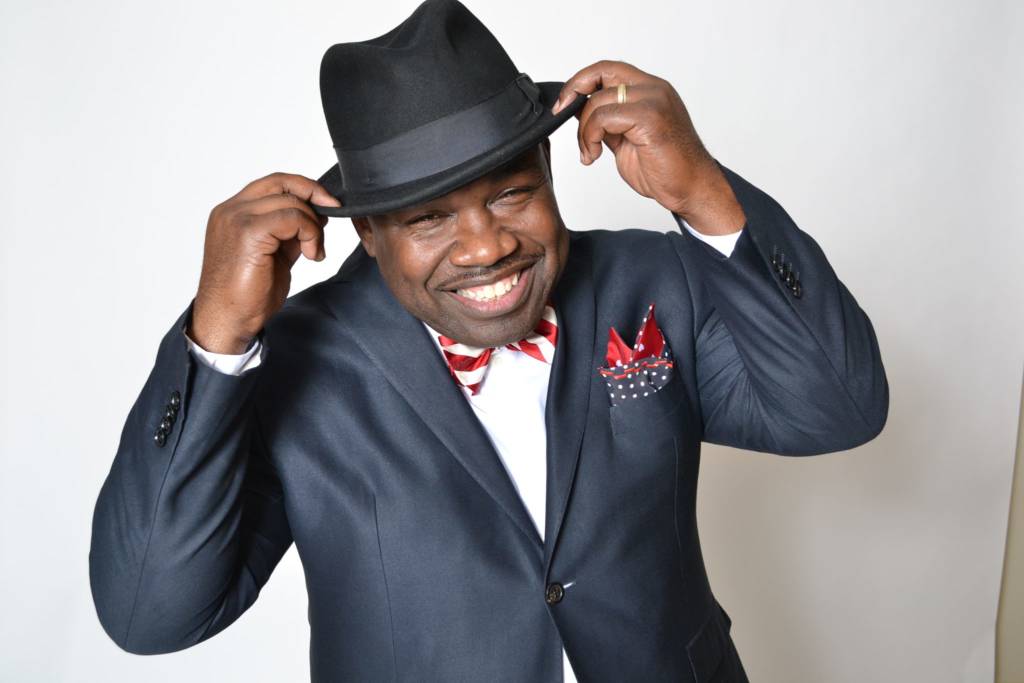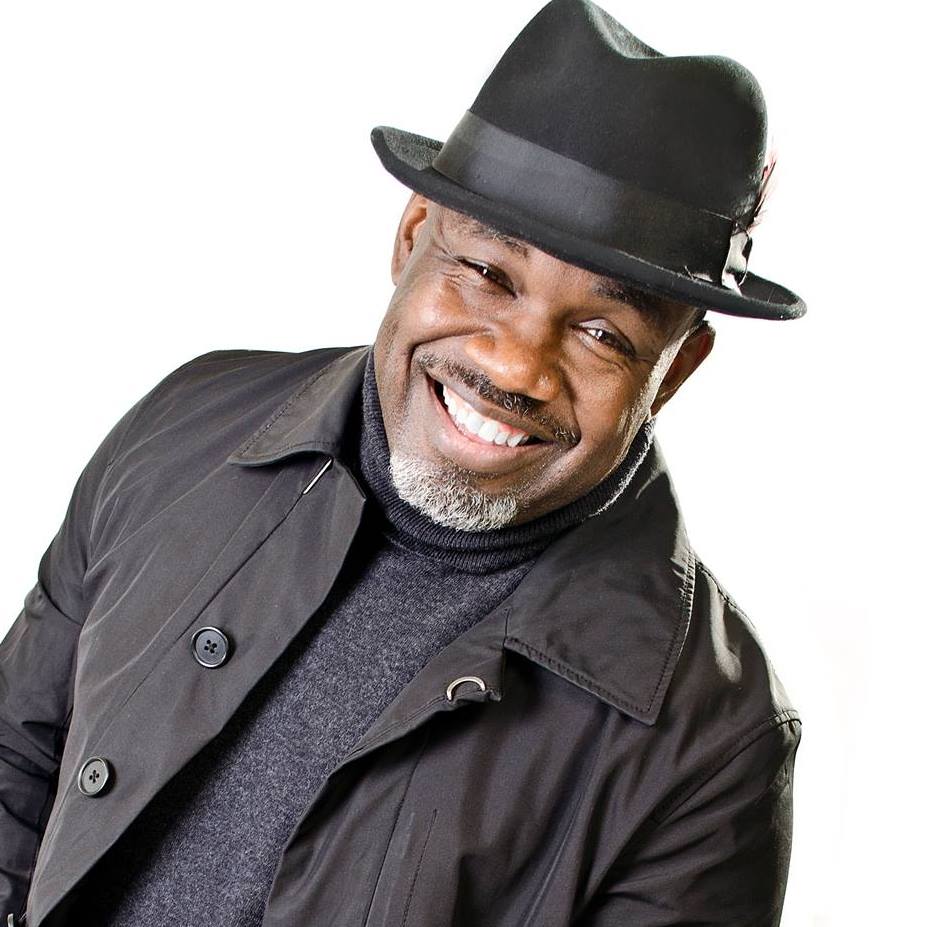
Comedian Rodney Perry has been in the comedy game for a long time. His signature punchlines and old school laugh have been seen on BET's Comic View, Def Comedy Jam, Martin Lawrence's 1st Admendment Stand Up and more. So the comedy world was stunned, along with Perry, when he suffered a stroke in 2016. The stroke caused him to go into physical and speech therapy.
Yet, even when it happened, Perry was still in the best of spirits and shared them in Facebook live video below:
Some symptoms of stroke include difficulty walking, paralysis with weak muscles, problems with coordination, stiff muscles, overactive reflexes, or paralysis of one side of the body. Also one may experience fatigue, lightheadedness, or vertigo. Muscle weakness or numbness is also common
Your eyes can be affected with blurred vision, double vision, sudden visual loss, or temporary loss of vision in one eye. In addition to your eyes, your speech may also suffer with difficulty speaking, slurred speech, or speech loss
Perry experienced some of these and even months after therapy he still keeps an eye on things as he explains in the video below:
"We take so much for granted," explained Perry in an radio interview with Big Tigger. "Just to type on a computer, just to tell your kids to get out the room and point--I lost that man on my left side. I had to learn how to walk again. It's not a game out here."
Perry his first gig as a writer for comedian/actress Kim Whitley. He also opened up for the likes of George Lopez, Steve Harvey and Cedric the Entertainer, just to name a few. Hosting comedy shows like “Who’s Got Jokes”, starred in Tyler Perry’s “Madea’s Big Happy Family” and found a home at Bounce TV where as the host of his own comedy show “Off the Chain." He also break viewing records with his number 1 rated comedy special “Rodney Perry: 44 and Still Ticking”.
Thank God Perry is recovering well, but many aren't as lucky. Heart disease is the No. 1 killer for all Americans, and stroke is also a leading cause of death. As frightening as those statistics are the risks of getting those diseases are even higher for African-Americans.
In any given year, 100,000 African-Americans will have a stroke, and stroke is the third leading cause of death in the African-American community. If you are African-American, it’s important to get the facts about your stroke risk and learn how you can minimize risk factors.
Overall, African-Americans suffer more strokes than any other group of people.
Some of the following risk factors are why we suffer so much from stroke. Some factor are inherited, others are lifestyle-related and easier to change.
High blood pressure. This is risk factor number one for stroke, and up to 40 percent of African-Americans have the condition.
Obesity. Nearly 63 percent of African-American men are overweight or obese, and that number jumps to just over 77 percent for women.
Diabetes. African-Americans are also more likely to have diabetes than Caucasians.
Tobacco use. Almost 28 percent of African-Americans use tobacco, one risk factor that can be reduced or eliminated by stopping the use of tobacco products or never starting in the first place.
Sickle cell anemia. The blood disease sickle cell anemia is a condition that primarily affects African-Americans. A stroke can occur if sickle- or abnormally-shaped blood cells create a blockage in a blood vessel.

Here's to wishing Rodney many more years of health!






